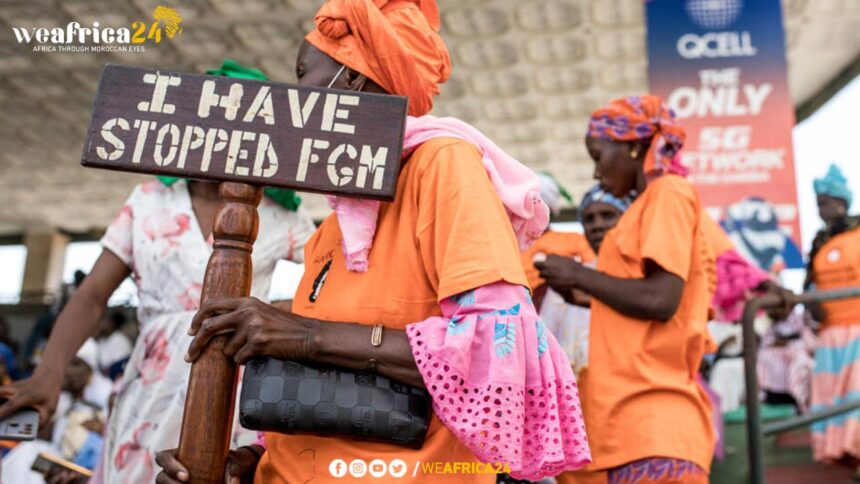Gambian lawmakers decisively rejected a proposed bill that sought to lift the ban on female genital mutilation (FGM) in place since 2015. This decision followed months of heated controversy and international pressure. All proposed amendments to the 2015 legislation, which would have decriminalized the practice, were turned down. Had the bill passed, Gambia would have become the first country in the world to reverse a ban on FGM, according to the United Nations.
Human rights groups and the United Nations had strongly urged Gambian MPs to reject the bill, arguing that it threatened to undo years of progress in the country.
“We welcome with great relief the rejection of the bill aimed at repealing the ban on female genital mutilation in the Gambia,” commented Samira Daoud, Regional Director of Amnesty International for West and Central Africa. She continued, “The adoption of the Women’s (Amendment) Act in 2015, which criminalizes FGM and imposes penalties for performing, supporting, or encouraging the practice, was a significant milestone in the country’s efforts to safeguard the rights of girls and women. It is crucial to protect these advancements.”
However, she added, “Since the ban in 2015, only two cases have been prosecuted, with the first conviction for practicing FGM occurring in August 2023. Beyond banning FGM, Gambian authorities must do more to enforce the law. We also call for a holistic approach that addresses the root causes of this issue to change attitudes and norms, empowering girls and women.”
In Gambia, a predominantly Muslim country, this bill has deeply divided public opinion. The bill, presented by MP Almameh Gibba, argued that FGM is a deeply ingrained cultural and religious practice.
FGM involves the partial or total removal of the clitoris (clitoridectomy) or, more broadly, the external genitalia, or other injuries to the genital organs.
Beyond the immediate pain and trauma, FGM can lead to severe consequences, including infections, hemorrhaging, and long-term issues such as infertility and complications during childbirth.
Gambia is among the ten countries with the highest rates of FGM: 73% of women and girls aged 15 to 49 have undergone the procedure, according to 2024 UNICEF data.







